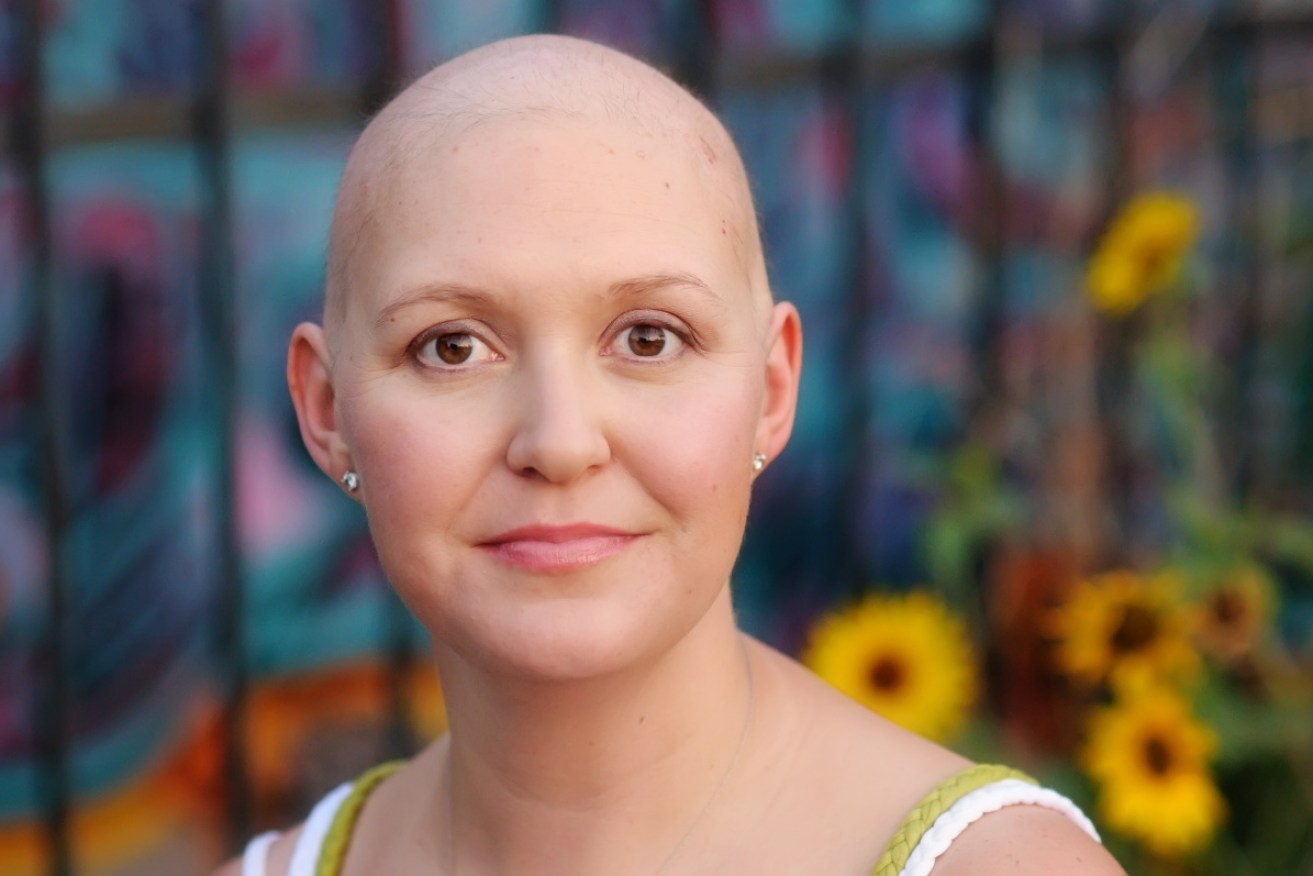A big step closer to preventing hair loss: Hope for chemo patients


Researchers have found a way to protect hair follicles from being destroyed during chemotherapy. Photo: Getty
There is nothing like a good-news cancer story for headline writers to trip all over themselves – as they’ve been doing around the world in the last couple of days.
Cancer patients in the UK no doubt would have been momentarily ecstatic, having read the following headline in the eternally excited Sun newspaper:
“BREAKTHROUGH New cancer treatment STOPS patients losing their hair during chemo, docs say.”
News.com.au adopted a more sober tone: “New cancer treatment leaves patients’ hair intact.”
India Today was similarly confident: “This new cancer treatment prevents patients from losing hair during chemotherapy.”
The real story goes like this
Scientists from the University of Manchester’s Centre for Dermatology Research have discovered how taxanes – a powerful class of chemotherapy drugs commonly used to treat breast cancer and lung carcinoma – damage hair follicles.
While people tend to assume that patients who lose their hair during chemotherapy will eventually grow it back. But that’s not always the case, and taxanes can in fact cause permanent hair loss.
As the statement from the university noted, thousands of patients in the US are currently suing pharmaceutical company Sanofi over a lack of warning of the risk of permanent hair loss after treatment with the taxane drug Taxotere.
This Manchester researchers have gone some way to explaining why taxanes are so ruinous: they don’t simply knock out existing hair, they target the mechanisms involved in producing new hair.
New kind of cancer drug may protect follicles
Dr Talveen Purba, lead author on the study explained: “A pivotal part of our study was to first get to grips with how exactly hair follicles responded to taxane chemotherapy, and we found that the specialised dividing cells at the base of the hair follicle that are critical for producing hair itself, and the stem cells from which they arise, are most vulnerable to taxanes.
“Therefore, we must protect these cells most from undesired chemotherapy effects – but so that the cancer does not profit from it.”
To do this, scientists “exploited the properties of a newer class of drugs” called CDK4/6 inhibitors. These block cell division and are newly medically approved as a so-called “targeted” cancer therapy.
“Although at first this seems counter-intuitive, we found that CDK4/6 inhibitors can be used temporarily to halt cell division without promoting additional toxic effects in the hair follicle,” Dr Purba said.
When Dr Purba and colleagues bathed human scalp hair follicles – cultured in the laboratory – in CDK4/6 inhibitors, the hair follicles “were much less susceptible” to the damaging effects of taxanes.
“This could lead to new treatments that prevent chemotherapy-induced hair loss – arguably one of the most psychologically distressing side effects of modern cancer therapy,” the university said in a statement.
Will we see these new treatments any time soon?
“Despite the fact that taxanes have been used in the clinic for decades, and have long been known to cause hair loss, we’re only now scratching the surface of how they damage the human hair follicle,” Dr Purba said.
“We also don’t really know why some patients show greater hair loss than others even though they get the same drug and drug-dose, and why it is that certain chemotherapy regimens and drug combinations have much worse outcomes than others.”
“We need time to further develop approaches like this to not only prevent hair loss, but promote hair follicle regeneration in patients who have already lost their hair due to chemotherapy.”
He said that researchers “need time to further develop approaches like this” to not only prevent hair loss, but promote hair follicle regeneration in patients who have already lost their hair due to chemotherapy.








